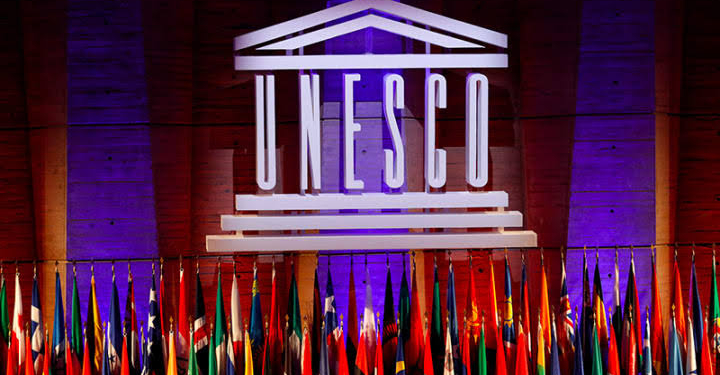With the aim of mitigating the adverse effects of the COVID-19 pandemic on the education sector, head of States and government across the world have committed to support all teachers as front line workers and “pay serious heed to their training and professional development.”
This was part of the declarations adopted at the end of the global education meeting convened by the United Nations Education Scientific and Cultural Organisation, UNESCO and governments of Ghana, Norway and United Kingdom.
The meeting had in attendance Heads of State and Government, ministers from over 70 countries and international partners.
The endorsed Declaration defines priority actions that are essential for educational recovery in the next 15 months which includ “Taking every measure to reopen schools safely and inclusively.
“Investing in skills development from the socio-emotional dimension to gaining competences for new jobs.
“Narrowing the digital divide that has shut out education for one third of the world’s students.”
To ensure that the priority actions are met, it was stated the education budget needed to be protected if not increased.
Thus, the head of states and government promised to “Maintain or increase the share of public spending on education to at least 4-6% of GDP and/or 15-20% of public expenditure.
“Ensure that stimulus packages support measures that will mitigate learning losses and get the most vulnerable back to school.”
Earlier during the opening of the global meeting, Audrey Azoulay, Director-General, UNESCO said, “at a time when countries are making difficult choices and trade-offs to turn societies around, education must be our top priority, our pillar for recovery.
“And yet only a miniscule share – on average less than 1% – has been set aside for education and training in national stimulus packages.
Financing education is not a cost: it is our most crucial long-term investment.
“If we do not allocate this funding now, we will face a bleaker future,” he added.
The UN Secretary General, Antonio Guterres underlined that education is the solution, and financing and political will are critical.
He said, “I thank UNESCO for its leadership and call on all countries and international partners to act now, together, for education to transform lives.”

